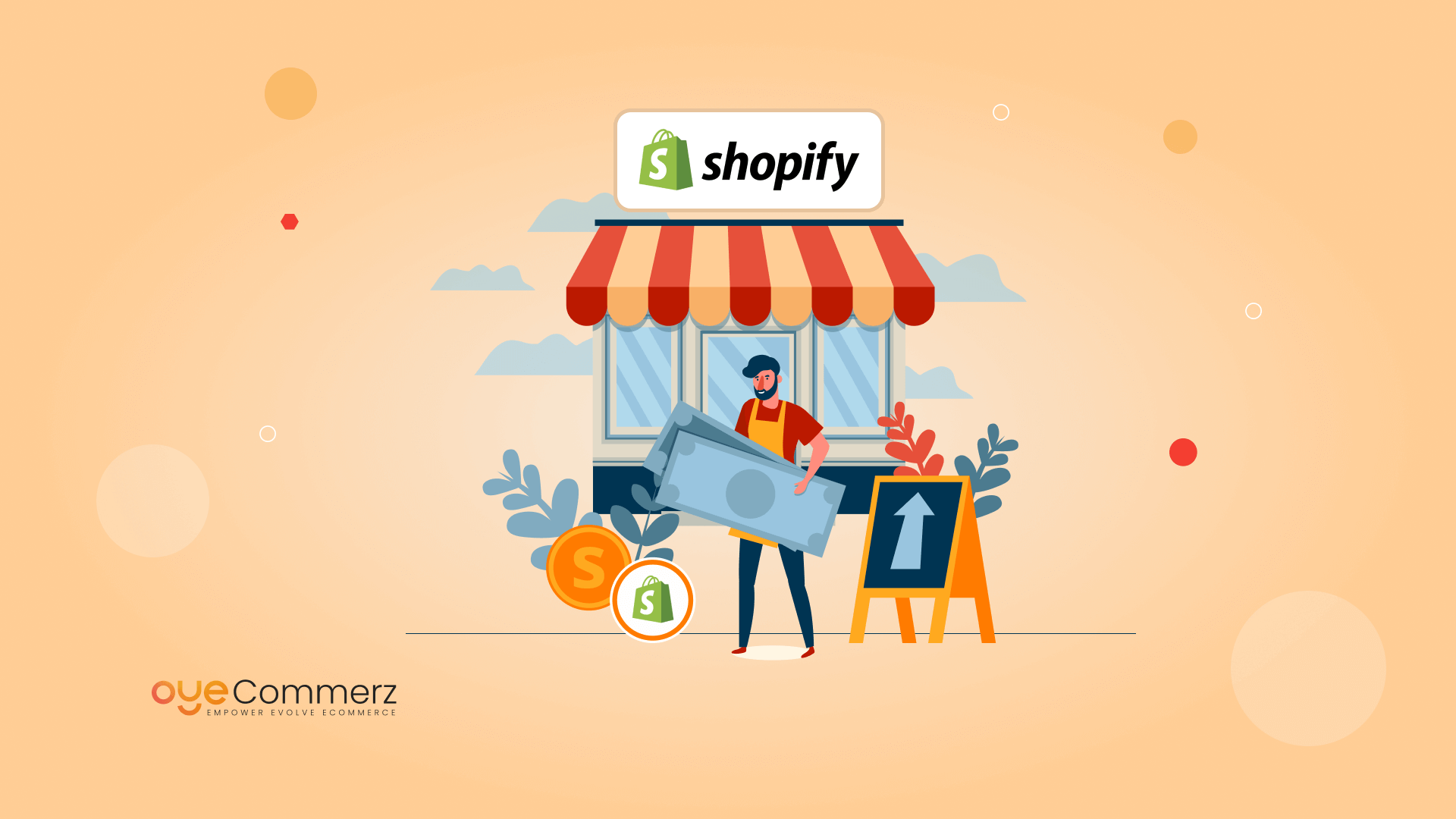Introduction
In today’s competitive e-commerce landscape, standing out is essential, and one of the best ways to set apart a Shopify store is through tailored app creation. A robust Shopify app can boost store capabilities, streamline operations, and boost customer engagement. This article delves into essential elements of Shopify app development, from API integration to growth techniques and promotion methods, providing a roadmap for companies looking for superior store efficiency.
Why Shopify API Integration Matters
Shopify’s API provides powerful tools to personalize and extend store capabilities. With GraphQL and REST APIs, developers can access data to build applications that handle inventory management, order processing, and customer information management smoothly. Using Shopify’s API can lead to better workflow automation and allows stores to assist shoppers more effectively.
Utilizing the Polaris Design System
Shopify’s Polaris is Shopify's set of design guidelines for designing user-friendly and accessible Shopify apps. By following Polaris principles, developers guarantee that apps seamlessly integrate within the Shopify Admin interface. This ensures a cohesive look and feel that resonates with Shopify merchants, promoting ease of use and familiarity for merchants using your tailored app.
Navigating the Shopify App Ecosystem
The Shopify app ecosystem offers endless possibilities for enhancing online stores. From managing fulfillment processes to boosting customer interaction, apps in this ecosystem are designed to meet various business needs. Learning about this ecosystem assists developers in identifying unique app ideas and enables seamless integration of third-party services that enhance the store.
Developing Embedded Shopify Apps
Embedded apps integrate directly within the Shopify Admin, allowing a seamless experience for merchants. They allow merchants do not need to leave their Shopify dashboard, simplifying their process. Employing Shopify App Bridge and embedded app features is a best practice for offering a cohesive, integrated user environment.
Leveraging Node.js and React for Shopify Development
Node.js and React have emerged as ideal tools for Shopify app development. This server-side framework enables efficient back-end services, while React enables dynamic, responsive front-end design. Combined, they offer Custom solutions for Shopify growth an Shopify digital marketing excellent framework for creating speedy, growth-ready Shopify apps that improve store functionality and customer interaction.
Utilizing Webhooks in Shopify Development
Webhooks allow real-time data synchronization between Shopify and an external app. They initiate events such as order creation or inventory updates and provide immediate notifications to your app. By utilizing webhooks, apps can provide up-to-date insights for store owners, streamlining workflows and boosting productivity.
Engaging Customers Through Digital Marketing for Shopify Apps
To ensure Shopify app success, connecting with users is crucial. Utilizing online marketing techniques like SEO, email marketing, and social media campaigns can drive app adoption. Additionally, creating applications with customer engagement in mind (e.g., loyalty programs or personalized recommendations) boosts user retention and satisfaction.
Scaling Your Shopify App
As e-commerce businesses grow, so do their technology requirements. Ensuring that your app can manage higher usage, larger databases, and more advanced functionalities is essential. By improving server capacity and using scalable technologies, you can develop apps that grow in parallel to a store’s success.
Important Features and Maintenance Tips for Shopify Apps
For an app to be useful, it should include key capabilities like user authentication, dashboard analytics, and support channels. Regular app upkeep, with updates to fix bugs and ensuring compatibility with new Shopify features, is important to maintain uninterrupted performance and avoid interruptions to merchant workflows.
Conclusion
Custom Shopify app development offers immense opportunities for e-commerce businesses, offering the ability to enhance store functionality, streamline processes, and foster customer loyalty. From integrating APIs to ensuring scalability and customer engagement, creating a Shopify app requires careful planning and well-planned actions. If you’re prepared to unlock your store’s full potential, a custom Shopify app may be the ideal solution. What features do you see for your ideal app? Share your ideas and begin the journey to an optimized e-commerce journey!
